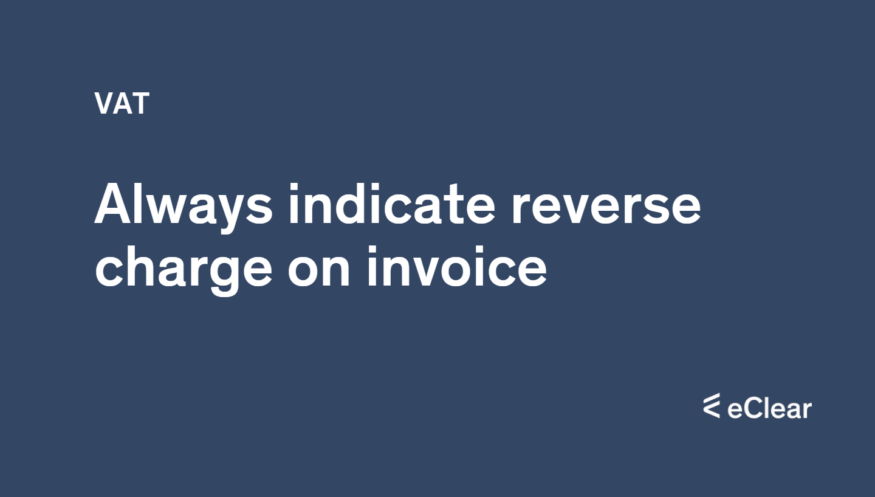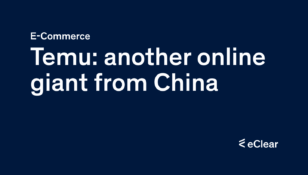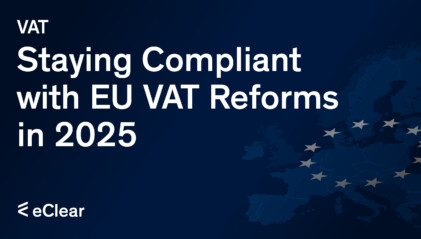The Court determined that in these types of transactions, the final customer is not considered liable for paying VAT if the invoice issued by the intermediary acquirer does not contain the proper indication of “reverse-charge.”
This ruling highlights the importance of compliance and formal correctness in intra-Community triangular transactions and the need for entities to pay close attention to the invoice wording to avoid negative financial consequences later. It also confirms the need to be cautious when dealing with chain transactions and to ensure proper compliance with VAT regulations to avoid any issues with the authorities.
Consequences of failure to include “reverse-charge” notation
Suppose the “reverse-charge” notation required by the VAT Directive is not included in the invoice. In that case, it cannot be corrected later by adding information indicating that the invoice involves an intra-Community triangular transaction and the tax obligation is shifted to the customer.
Restrictive approach and its implications
The restrictive approach applied by the Court of Justice, and earlier adopted in the attorney general’s opinion of 14 July 2022, may create numerous problems for entities conducting transactions of this type.
Importance of compliance and formal correctness
Entities should pay close attention to whether all conditions for applying the simplification for triangular transactions have been met and whether the wording of the document, specifically the invoice, is correctly stated to avoid negative financial consequences later on.
VAT regulations for simplified procedure in intra-community transactions
An intra-community triangular transaction is a transaction in which all conditions are, namely:
- The transaction involves three VAT payers identified for purposes of the intra-Community transaction in three member states.
- The goods are transported directly from the first VAT payer in the chain of supplies to the last VAT payer in the chain.
- The supply of The good is between the first and the second taxpayers, and between the second and third taxpayers.
- The subject of the supply is dispatched or transported by or on behalf of the first or second VAT payer.
- Transport of goods is made from one member state’s territory to another’s territory.
Simplified procedure for triangular transactions
The simplified method of settling a triangular transaction is designed to relieve the second taxpayer in the chain of formal obligations. The supply from the second taxpayer in the chain to the last taxpayer in the chain is subject to a self-charge (“reverse-charge”) of the tax by the acquirer, who treats it as an intra-Community acquisition of goods. The last entity in the chain thus assumes the obligation to pay VAT from the second entity, which does not have to register for VAT in the country of the final customer or tax the supply and acquisition of the goods there.
Conditions for applying the simplified procedure
However, the simplified procedure in an intra-Community triangular transaction can only be applied if the following conditions are met:
- The supply to the last taxpayer in the chain was directly preceded by an intra-Community acquisition of goods for the second taxpayer.
- The second taxpayer in the chain, making the supply to the last taxpayer in the chain, does not have an establishment in the territory of the country of the final customer.







